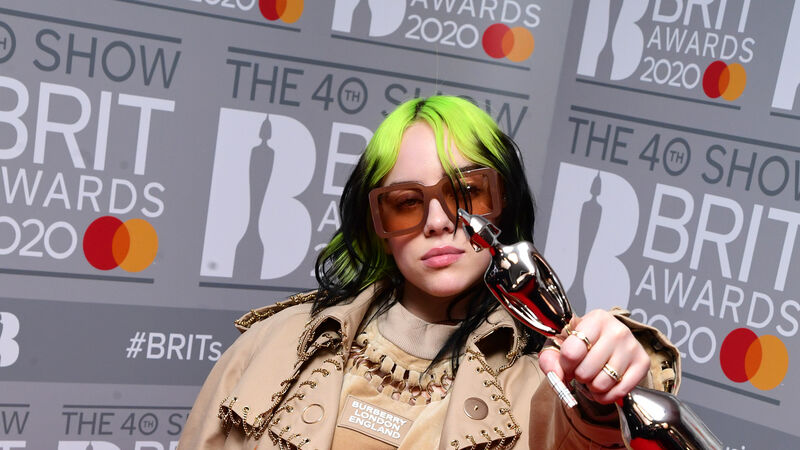Maeve Higgins: Resistance to female views proves their power

As globalised and homogenised as pop music has become, it is the American experience that Eilish reflects with most clarity.
For one thing, it’s $50 (€43). For another, it’s official Billie Eilish concert merchandise and I would feel like a fraud for not buying it at one of her gigs.












